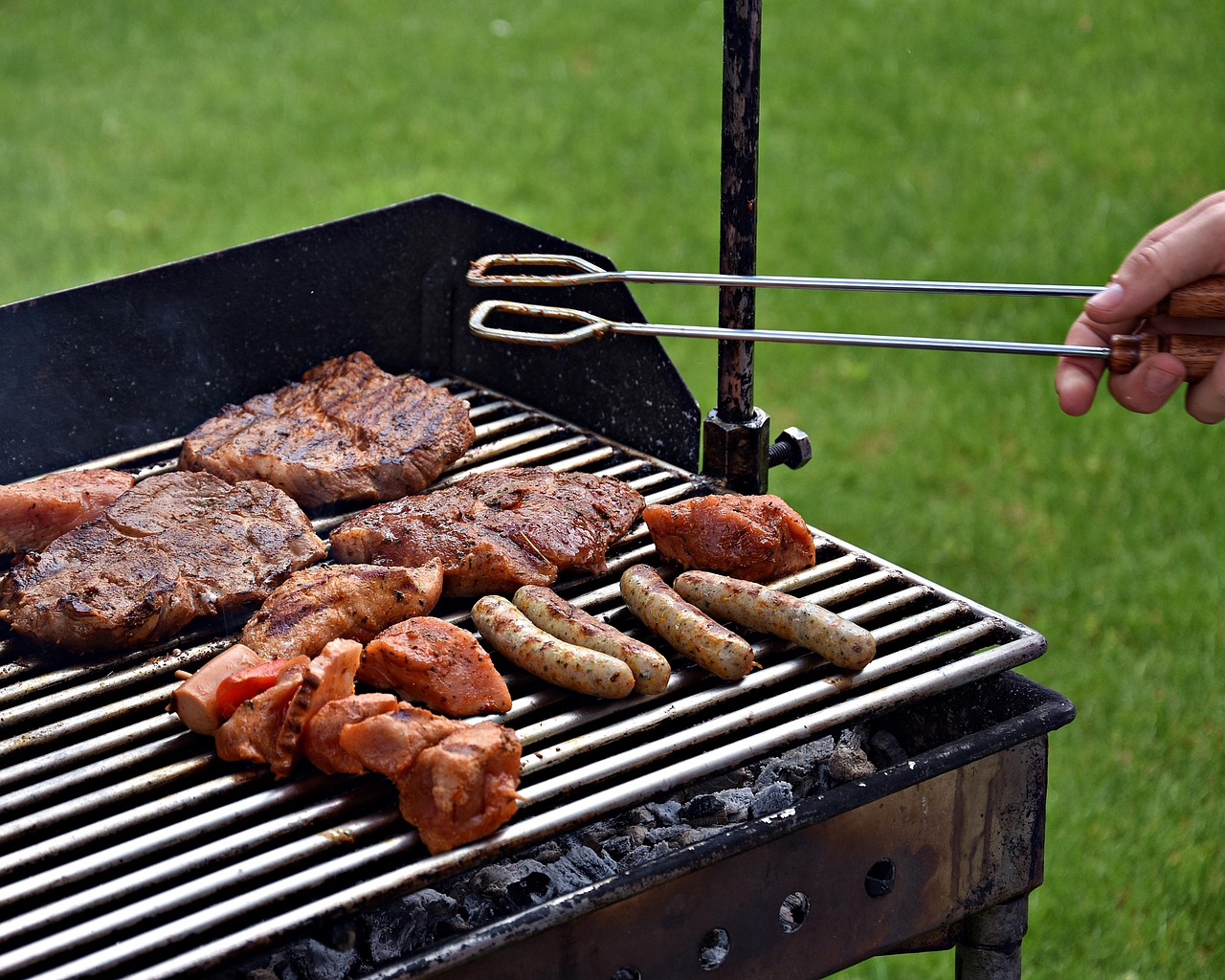GRILLING SAFELY: YOUR GUIDE TO HEALTHIER BBQ THIS SUMMER

As the warm weather arrives, so does the irresistible aroma of outdoor grilling. While enjoying delicious barbecued meals is a summer staple, it’s crucial to understand and mitigate potential health risks. Discover expert tips from a doctor on how to have a safer and healthier grilling experience, focusing on reducing exposure to harmful compounds formed during high-temperature cooking.
Understanding grilling Risks: HCAs & PAHs explained
When meat is cooked at high temperatures, especially during BBQ sessions, two main types of harmful compounds can form, posing health concerns:
- Heterocyclic Amines (HCAs): These chemical compounds are created when amino acids, sugars, and creatine in meat react under intense heat. HCAs are carcinogenic, meaning they can significantly increase your cancer risk.
- Polycyclic Aromatic Hydrocarbons (PAHs): These compounds develop when fat from grilled meat drips onto hot coals or surfaces, generating smoke. This smoke contains PAHs, which then adhere directly to the surface of your food. PAHs are also recognized as carcinogenic substances.
Both HCAs and PAHs have been extensively linked to an increased risk of various cancers, including those affecting the lungs, digestive system, bladder, prostate, and even breast tissue. Prioritizing healthy grilling techniques is essential for your long-term well-being.
5 expert tips for a healthier BBQ experience
Fortunately, you can take several practical steps to significantly reduce your exposure to these harmful compounds and ensure a safer grilling season:
1) Marinate your Meat for protection:
Marinating meat in acidic solutions such as vinegar, lemon juice, olive oil, and garlic, or using a variety of herbs, can drastically reduce HCA formation by up to 90%. The natural antioxidants present in these ingredients act as a protective barrier, preventing the chemical reactions that lead to HCA production during high-heat cooking. This is a key step for safer meat preparation.
2) Choose leaner meat cuts:
Opting for leaner cuts of meat is a smart strategy to minimize fat drippings onto your grill’s heat source. Less fat dripping means less smoke and, consequently, fewer PAHs clinging to your food. This helps achieve a healthier BBQ.
3) Boost antioxidants with veggies and herbs:
Incorporating plenty of vegetables and fresh herbs into your grilled meals significantly boosts their natural antioxidant content. Antioxidants are vital in your diet as they help combat the harmful effects of free radicals produced by compounds like HCAs and PAHs in your body. Think beyond just meat for your BBQ recipes.
4) Regular grill cleaning is crucial:
It is absolutely essential to clean your grill thoroughly both before and after each use. This diligent practice prevents the accumulation of charred residue and harmful compounds from previous grilling sessions from transferring to your fresh food. Regular cleaning dramatically reduces the buildup of toxins, ensuring a clean and safe grill.
5) Opt for natural charcoal or untreated wood:
Whenever possible, choose natural lump charcoal or wood that has not been chemically treated. Avoid using charcoal briquettes or lighter fluids that are rich in hydrocarbons, as these can release additional unwanted chemicals into your food, impacting your grilling health.
By implementing these simple yet highly effective tips, you can enjoy your summer barbecues with greater peace of mind, confident that you are making healthier grilling choices for yourself and your loved ones. Get ready for a delicious and safe BBQ season!





